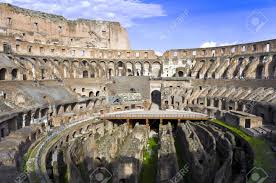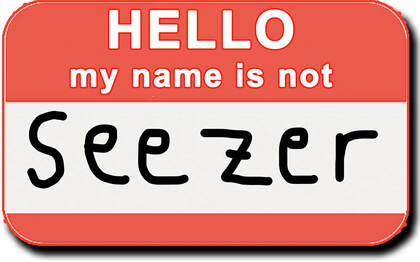...Most of the time no one died in a gladiator fightIf you were to watch Hollywood you would be left with the impression that every gladiator fight ended in the death of the loser. We’ve all seen it. The triumphant gladiator looms over his vanquished foe and waits for the decision of the Emperor. Listening to the crowd, the Emperor pauses before dramatically putting his thumb down, at which the victor finishes off his opponent to the roar of the crowd. Without even going into the questionable thumbs down gesture, the overriding problem with this is that actually only a small proportion of gladiator fights ended in death. It is true that the fate of the defeated was left to the ambitious politician who put on the games, but, as with all entertainment today, it was also a business; gladiators were quite an investment. Gladiators were far from amateurs. Training a good quality fighter could take years of training, feeding and clothing them from their owners, not to mention the time and fights required to gain a reputation. Therefore, summarily executing them meant an instantaneous wiping out of this investment; as such the gladiator’s trainer would often receive compensation from the show’s sponsor were they to be killed. Naturally this is not to say that gladiator fights were not a dangerous business. Death could come either in the course of the fight or as a result of the patron's decision. However, Professor Mary Beard in her book Pompeii: the life of a Roman Town puts the chances of a bout resulting in a death, by either route, somewhere around 13%. Such a rate means that a gladiator's life expectancy was rather short, with the average age of those recorded with tombstones being in their late twenties. However, the fact remains, most of the time that Hollywood scene has it wrong. The vanquished gladiator was far more likely to be spared than skewered.
Conal Smith @prohistoricman
0 Comments
...that you were pronouncing the word caesar 'incorrectly'.We, at Versus History, must have taught Roman history - in one form or another - for a significant part of our careers. In the main, Roman history is delivered to the younger among our students and, if they remember little else (hopefully they remember substantially more than that), they remember the title and name ‘Caesar’. Now, I must have said the word ‘Caesar’ thousands of times over the span of my talking life but, I am rather embarrassed to say, it is only in recent years (perhaps the last seven) that I have pronounced it ‘correctly’.
Although the meaning of Gaius Julius’ cognomen (nickname, if you like) - Caesar - is debated (it either meant that he was ‘hairy’, born of a Caesarean section - ‘cut’, had ‘grey’ eyes, or killed an ‘elephant’!), what is universally agreed upon is the way it was pronounced: with a hard ‘c’ sound. As in ‘k’. For hundreds of years - up until 1066, in fact - English-speaking peoples pronounced the word ‘K-eye-ser’. It was the influence of the French language on English (after the Norman Conquest) which softened the ‘c’ of Caesar to the pronunciation we generally use today. Nevertheless, the original hard ‘k’ sound of the Latinate word spread and mutated via the Danes and the Germans, to the point where the English language once again incorporated ‘Kaiser’ to mean German ruler. Having said all of this, language does become correct by usage, so maybe I shouldn’t feel too guilty about pronouncing the original ‘K-eye-ser’ as ‘Seezer’. Dr Elliott L. Watson @thelibrarian6 |
Categories
All
Archives
April 2024
|



 RSS Feed
RSS Feed